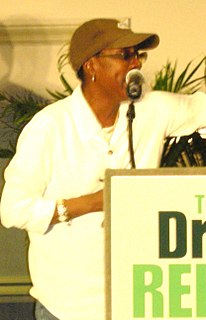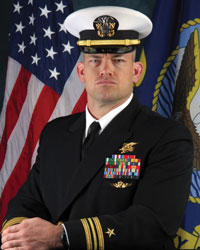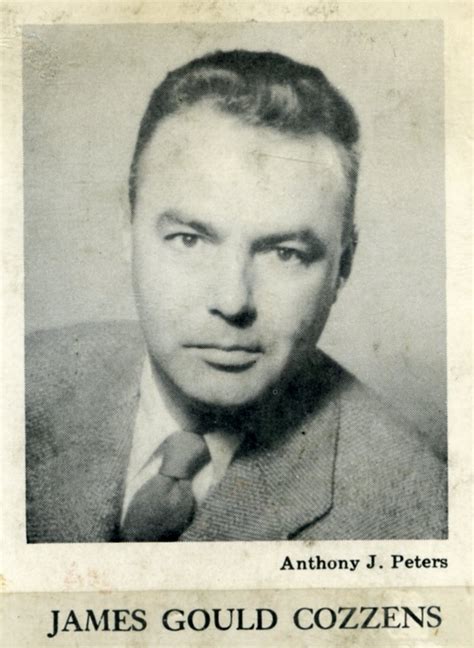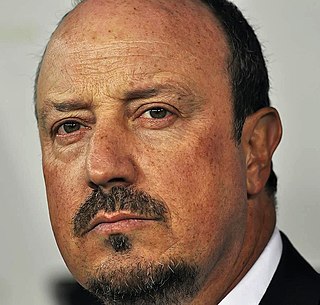A Quote by Mike Krzyzewski
When a leader takes responsibility for his own actions and mistakes, he not only sets a good example, he shows a healthy respect for people on his team
Related Quotes
Since the team understands that the leader is de facto in charge, in that respect, a leader has nothing to prove. But in another respect, a leader has everything to prove: Every member of the team must develop the trust and confidence that their leader will exercise good judgment, remain calm, and make the right decisions when it matters most.
The leader is best, When people are hardly aware of his existence, Not so good when people praise his government, Less good when people stand in fear, Worst, when people are contemptuous. Fail to honor people, and they will fail to honor you. But of a good leader, who speaks little, When his work is done, his aim fulfilled, The people say, 'We did it ourselves.'
Anytime you adapt work of somebody who you respect, as much as I respect him, it's an enormous responsibility. In honoring that responsibility, what we try to do is to continually use his work, and the writing that he did about his life and his work, as our guide. That starts with his intent for what he was trying to express when he wrote it, and it extends to his intent overall.
Bailey might not have great intelligence or abilities, but his whole aim, thought and study was that of the born leader--to look out for himself; and he did it with that born-leader's confidence and intensity that draws along the ordinary uncertain man, who soon confuses his own interest and his own safety with that of the leader.
Anyone who has actually had to take responsibility for consequences by running any kind of enterprise whether economic or academic, or even just managing a sports team is likely at some point to be chastened by either the setbacks brought on by his own mistakes or by seeing his successes followed by negative consequences that he never anticipated.
Man is the only Patriot. He sets himself apart in his own country, under his own flag, and sneers at the other nations, and keeps multitudinous uniformed assassins on hand at heavy expense to grab slices of other people's countries, and keep them from grabbing slices of his. And in the intervals between campaigns he washes the blood off his hands and works for the universal brotherhood of man - with his mouth.





































